Another day in Donetsk, Ukraine, has turned into a living nightmare for some Ghanaian men trapped in a war they never anticipated, forced to fight for a cause they did not choose.
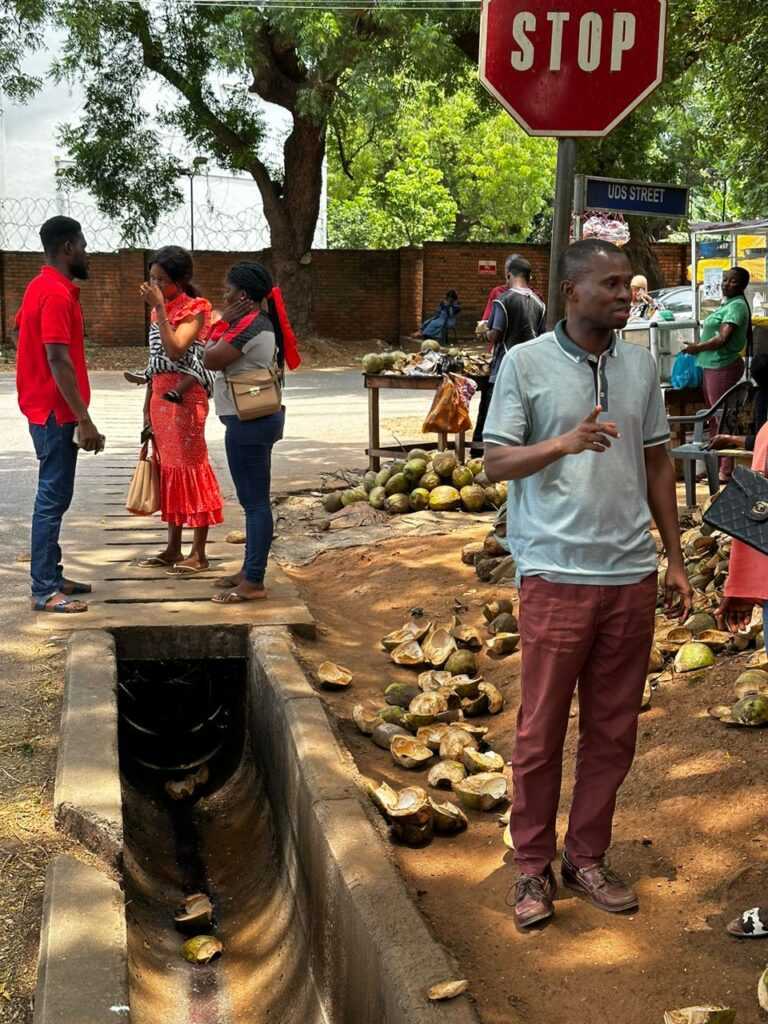
These men left Ghana with the promise of menial jobs in Russia, only to find themselves on the frontlines of Russia’s conflict with Ukraine, their lives hanging by a thread with each passing moment.
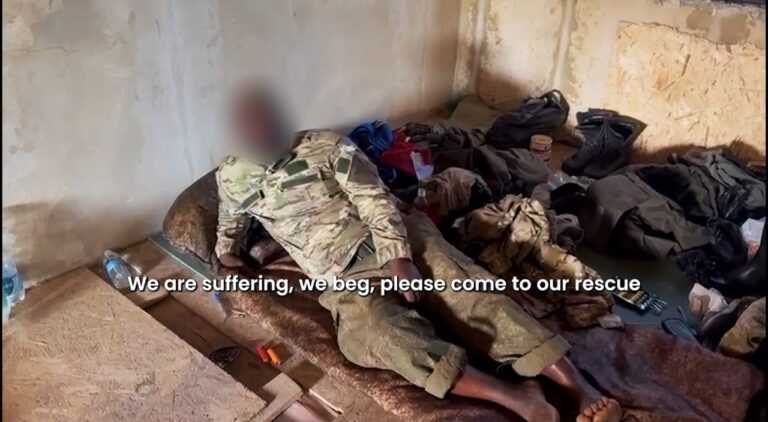
One man, now deployed at the front, shared a painful account of his declining health. Unable to stand on his own, he is regularly injected with substances to muster the strength needed to continue fighting.
His fear is palpable as he wonders if it will be too late.
“I don’t know how much longer I can hold on. I just want to go home,” he said, his voice weak and trembling.
Every day, he looks to the sky, hoping for deliverance while dreading the possibility of becoming the next casualty, either crushed by a rebel attack or lost to the horrors of war.
“I don’t know if I’ll survive another day,” he whispered, a man who should be focused on his future, now merely hoping to endure each day.
On Friday, September 20, 2024, the families of the 14 Ghanaian men trapped in Ukraine gathered at the Ghana Police Headquarters to confront Abraham Boakye, the man accused of sending their loved ones to Russia under alleged false pretenses.
However, upon their arrival, the families faced further disappointment.
A police CID informed them that Abraham Boakye, known as “One Man Supporter,” had fled back to Russia after the first part of this story was released.
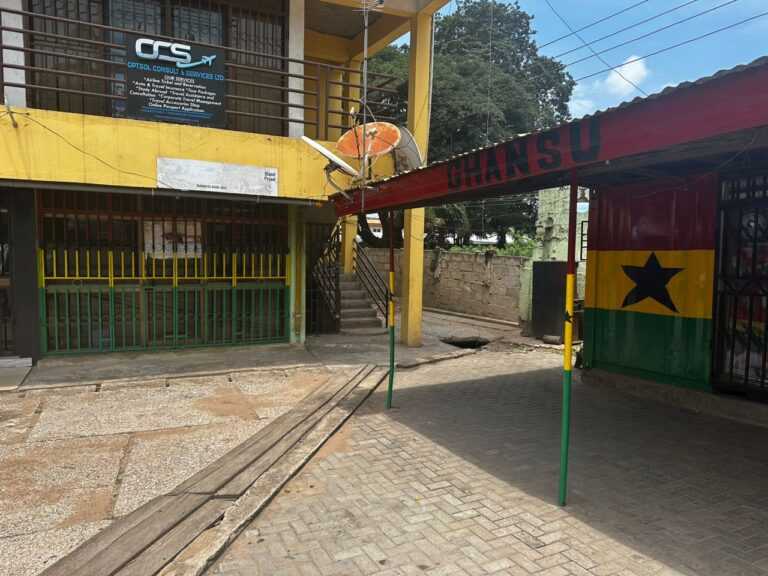
Gideon Sarfo, the nephew of one of the trapped men, expressed his profound anger at the situation.
Standing outside Boakye’s locked and abandoned office, one can’t help but feel the weight of injustice.
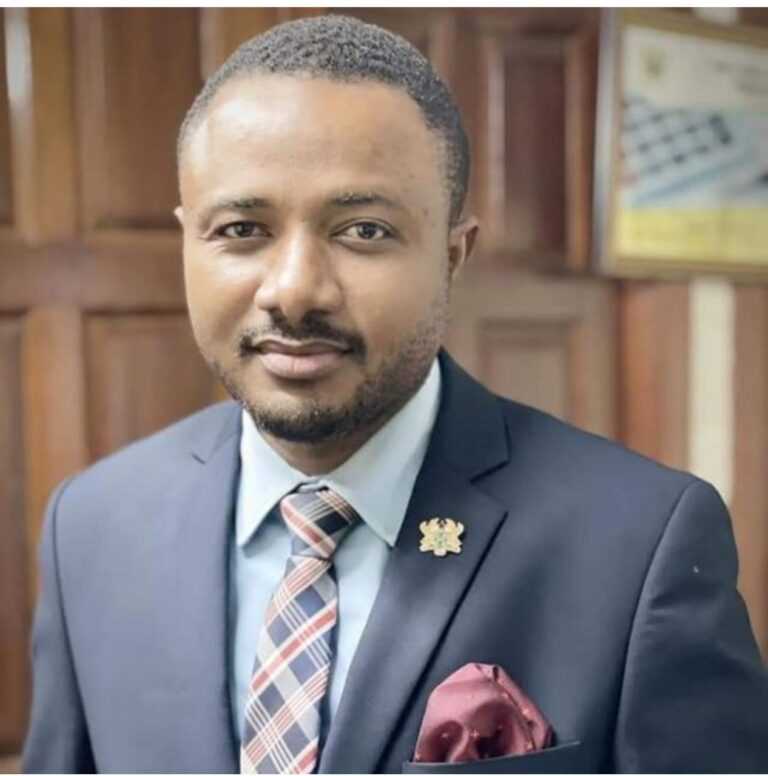
This is my second visit, hoping to hear Boakye’s side of the story, but all I find is silence.
Security analyst Adib Saani has warned about the escalating danger this situation poses, not only for the men involved but for Ghana as a whole.
“If no immediate action is taken, this could escalate into a larger security threat,” he said solemnly.
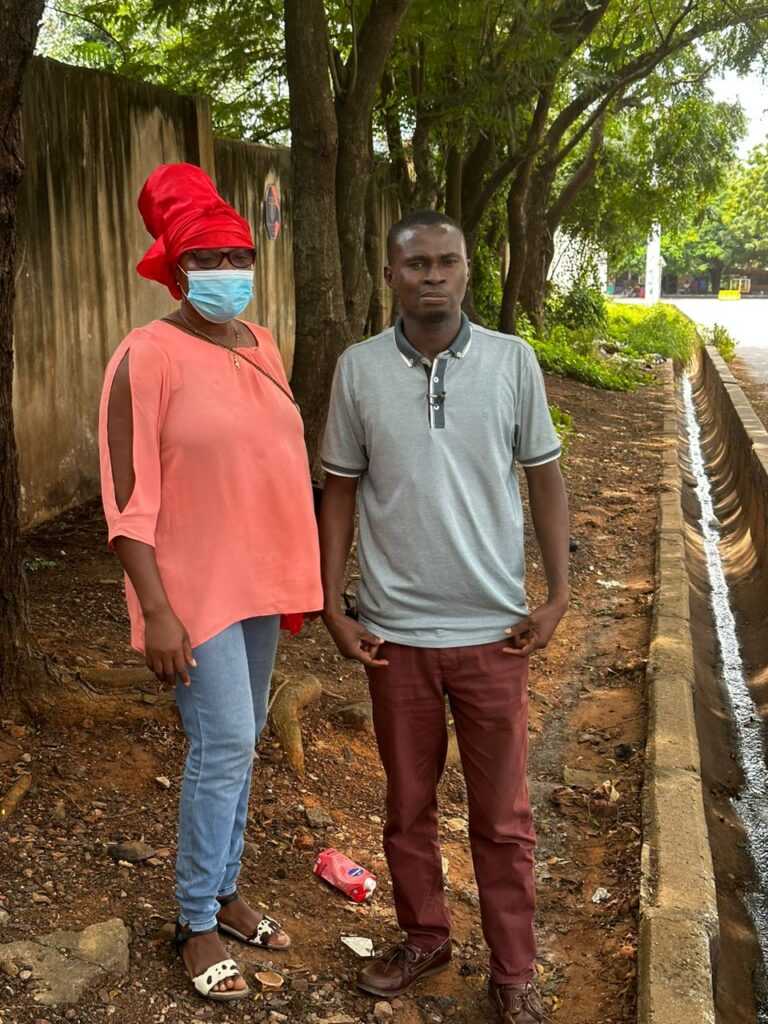
These men fear they may soon become part of that alarming statistic if no action is taken. Time is running out.
Once full of hope for a better life, they are now pleading for their survival.

































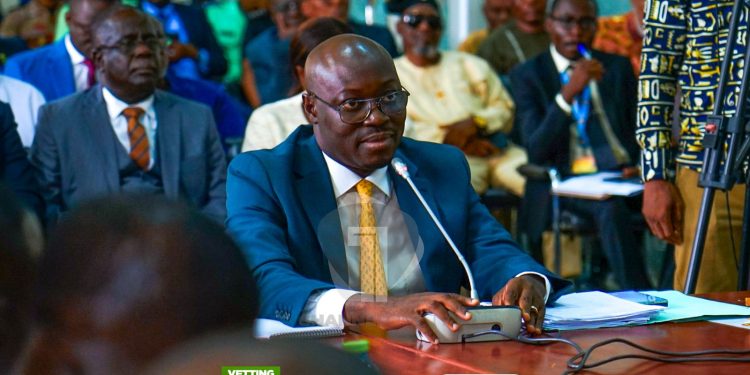







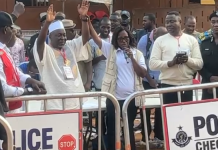














![[FREE FREE MONEY] Predict and Win a Guaranteed GH¢200 From Us EVERY WEEK](https://wordpress.ghanatalksradio.com/wp-content/uploads/2022/02/Predict-and-Win-Final-09-03-2021-218x150.jpg)
![[Predict & Win – 8th/Oct.] WIN A Guaranteed ¢200 From Us This Week](https://wordpress.ghanatalksradio.com/wp-content/uploads/2021/10/maxresdefault-16-218x150.jpg)
![[Predict & Win – 2nd] WIN A Guaranteed ¢200 From Us This Week](https://wordpress.ghanatalksradio.com/wp-content/uploads/2021/09/maxresdefault-50-218x150.jpg)
![[Predict & Win – 25th] WIN A Guaranteed ¢200 From Us This Week](https://wordpress.ghanatalksradio.com/wp-content/uploads/2021/09/maxresdefault-36-218x150.jpg)
![[Predict & Win – 18th] WIN A Guaranteed ¢200 From Us This Week](https://wordpress.ghanatalksradio.com/wp-content/uploads/2021/09/maxresdefault-23-218x150.jpg)









![[National cathedral] See full list of churches that have contributed since 2018](https://wordpress.ghanatalksradio.com/wp-content/uploads/2020/09/Ghana-National-Cathedral-GhanaTalksRadio-100x70.jpg)



